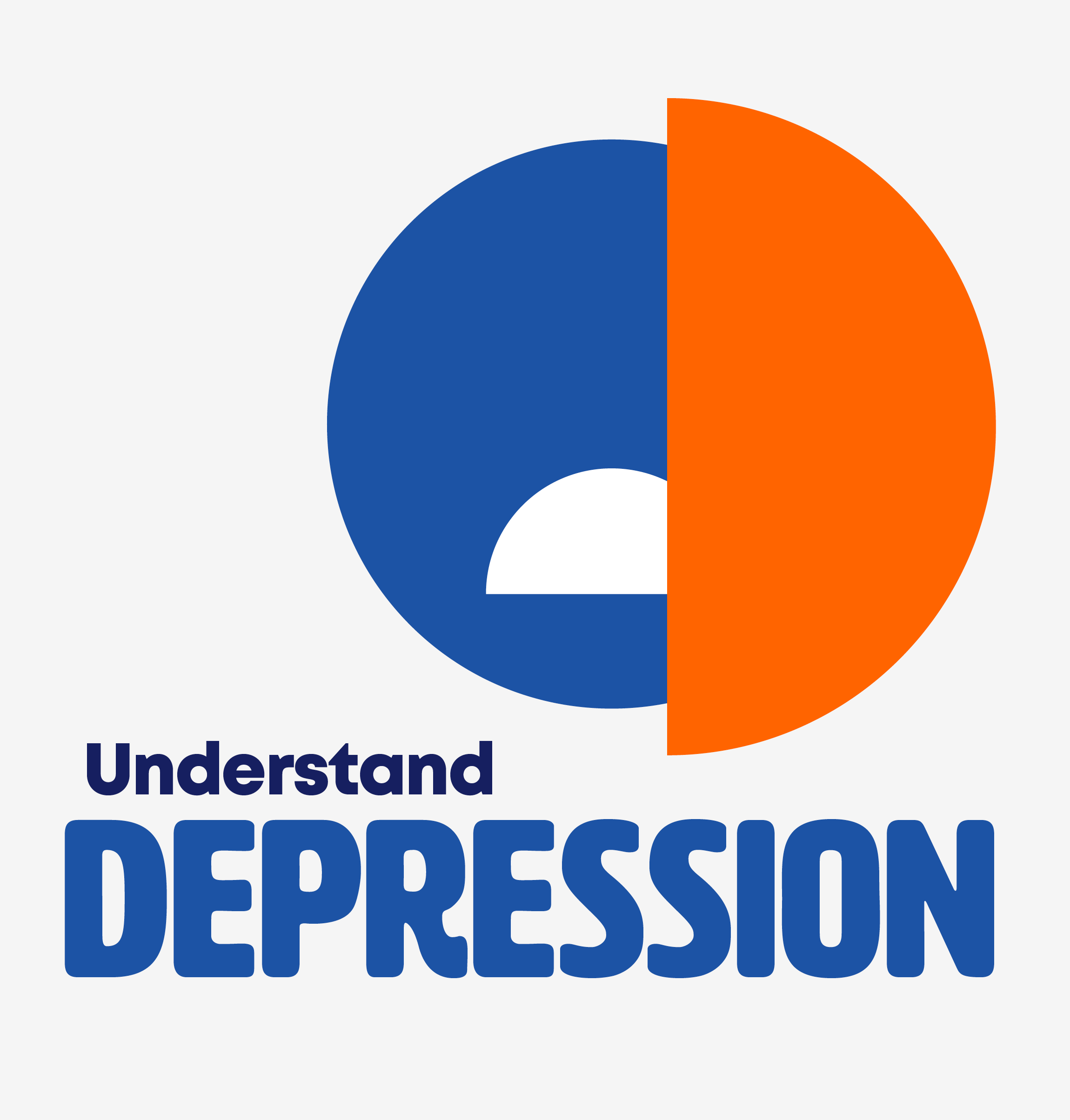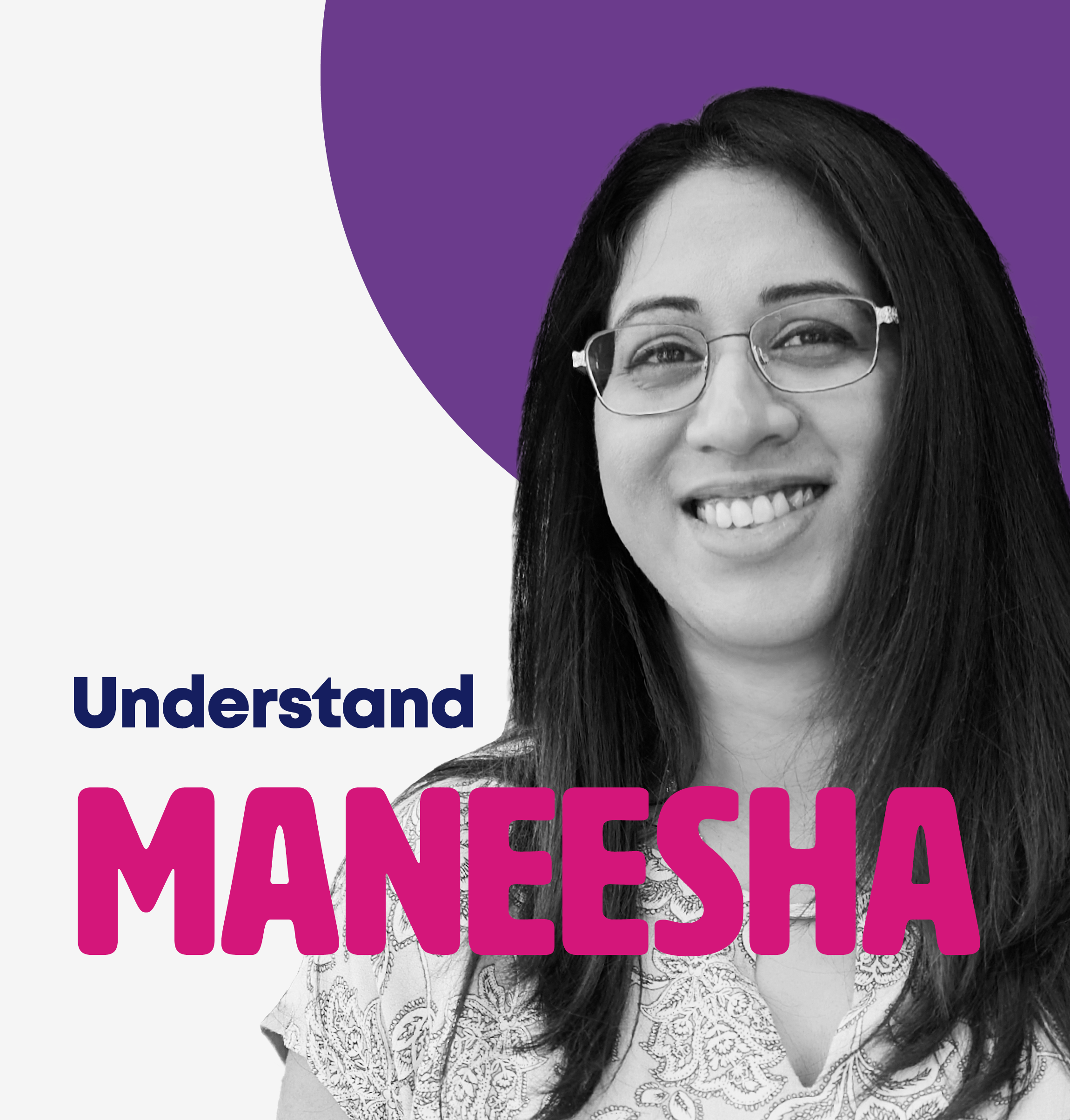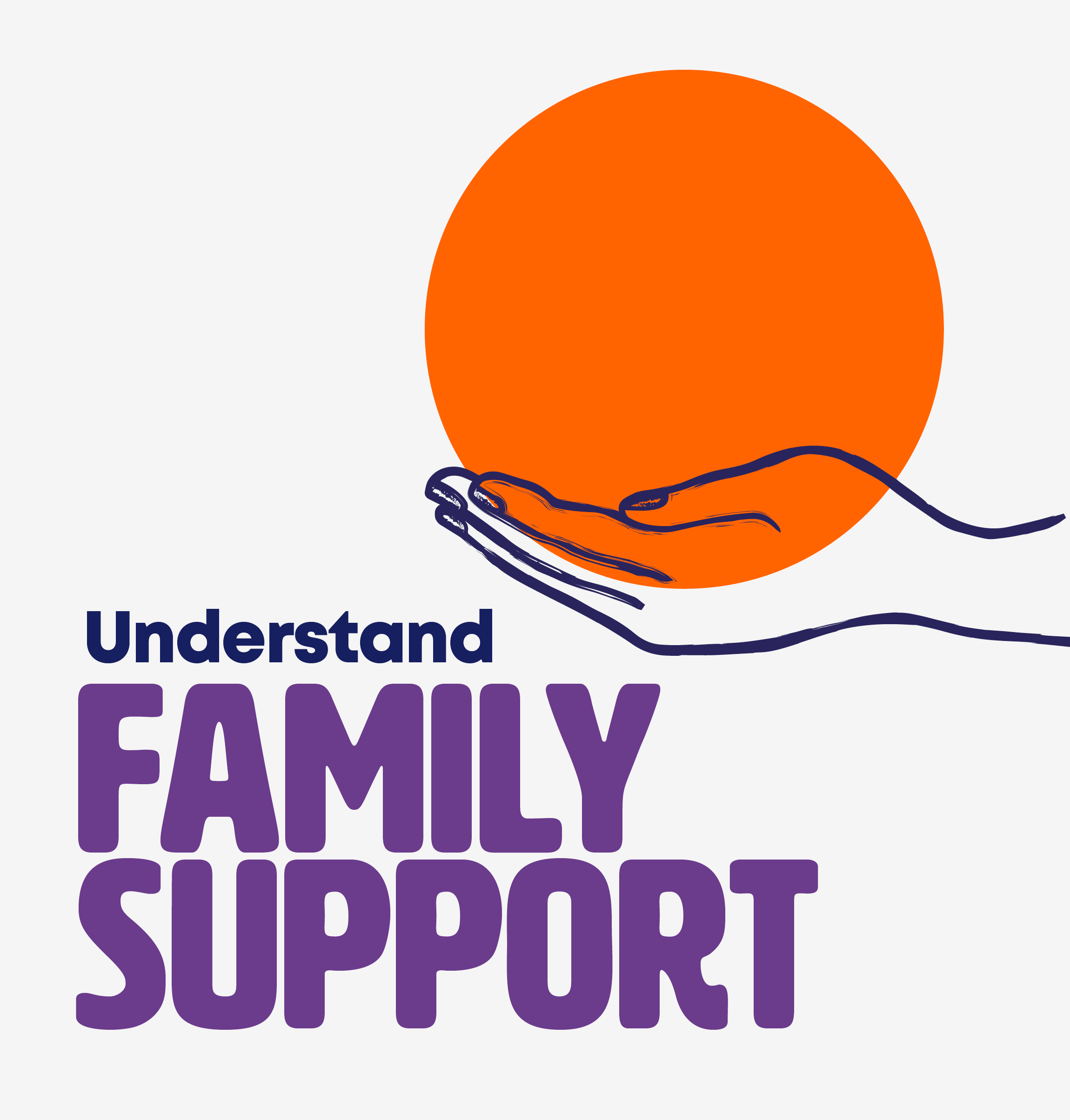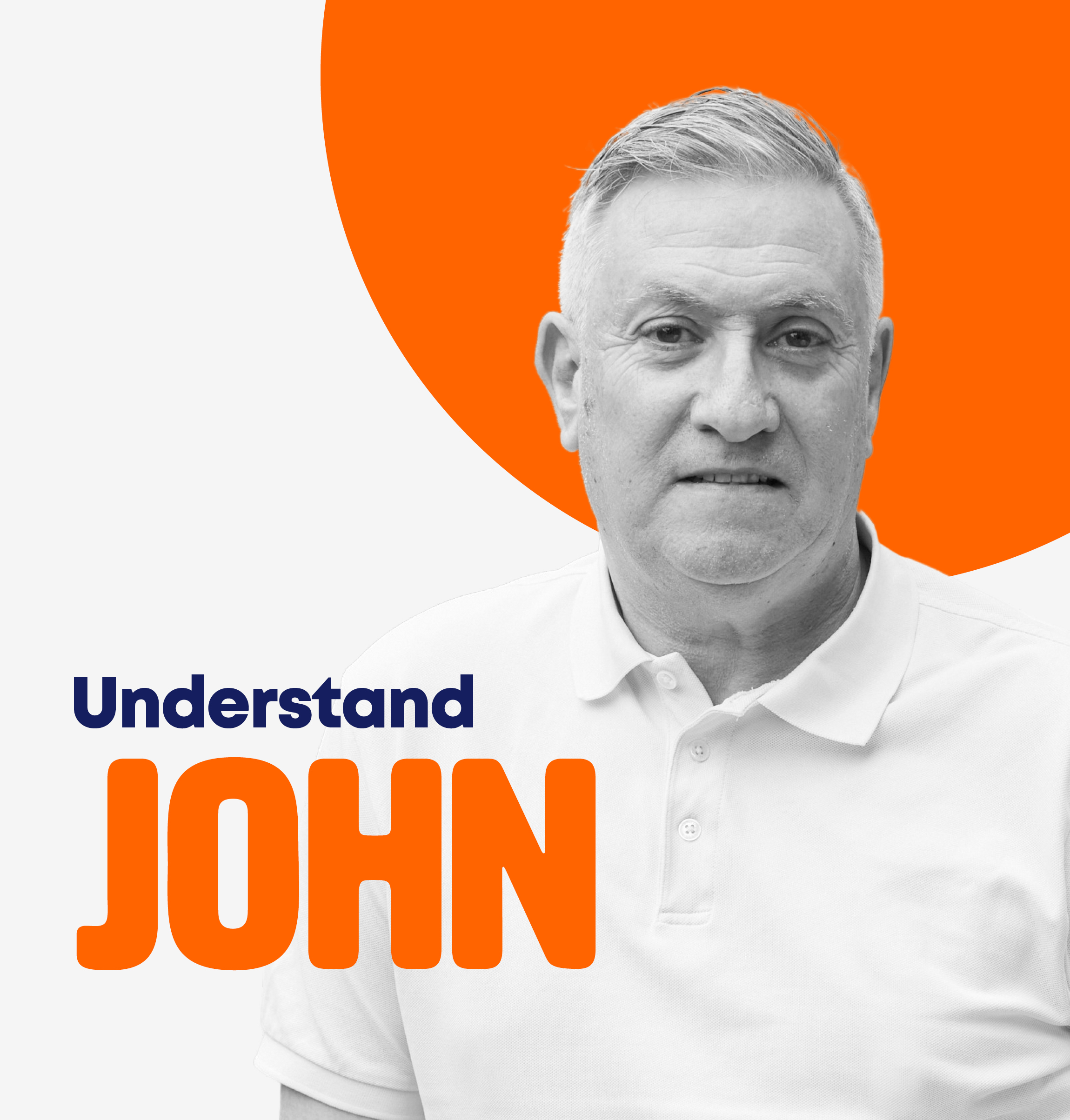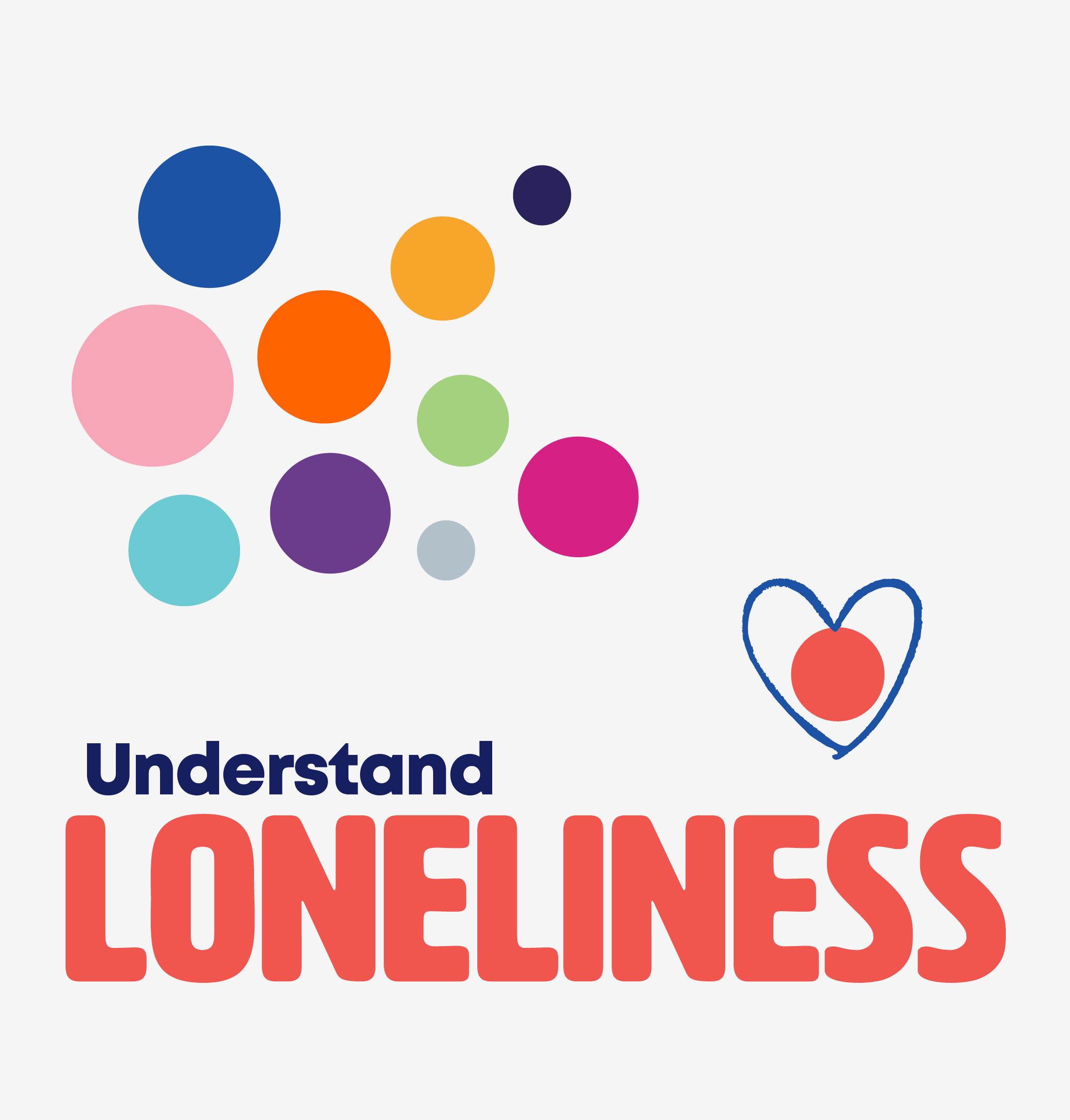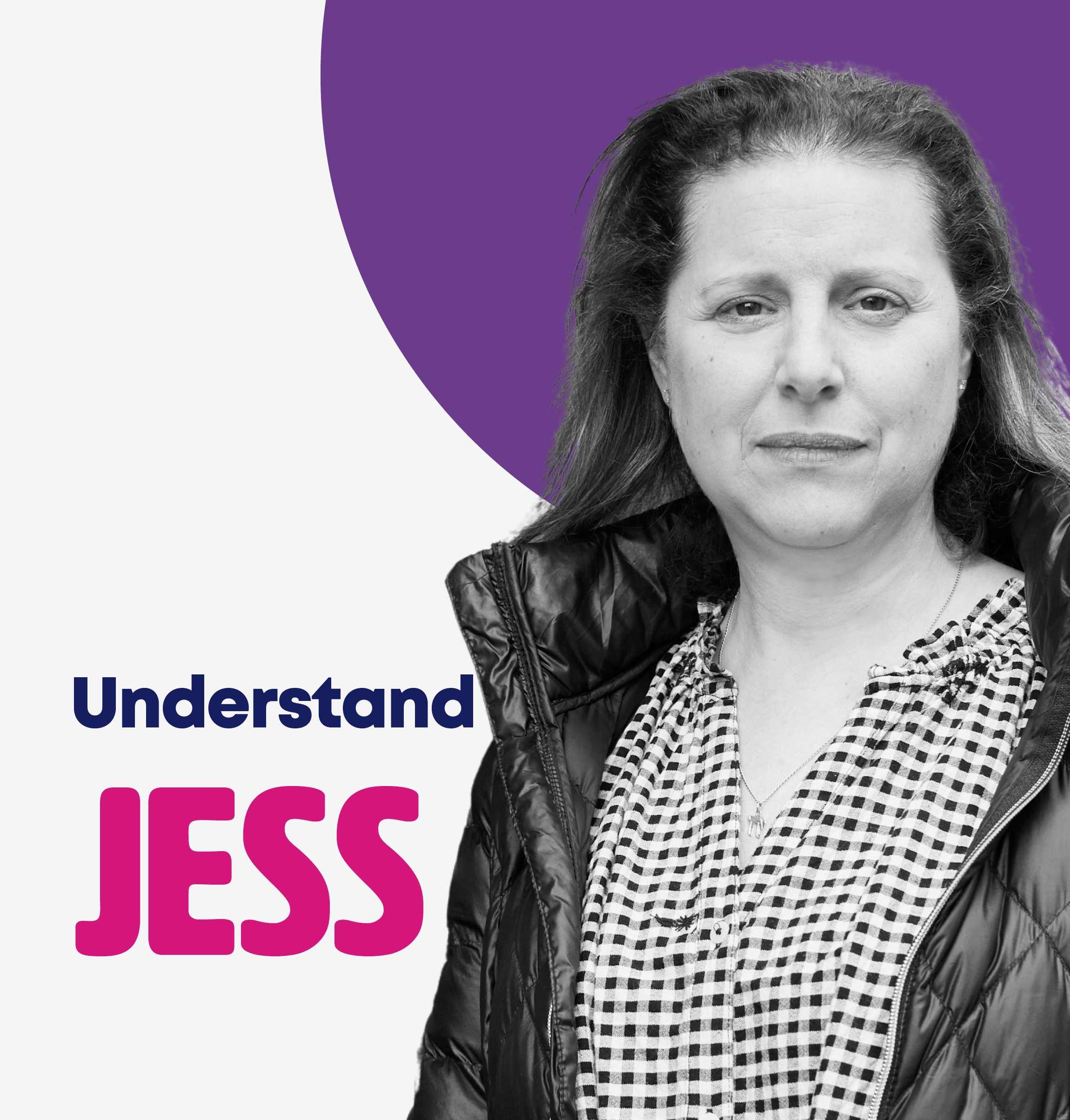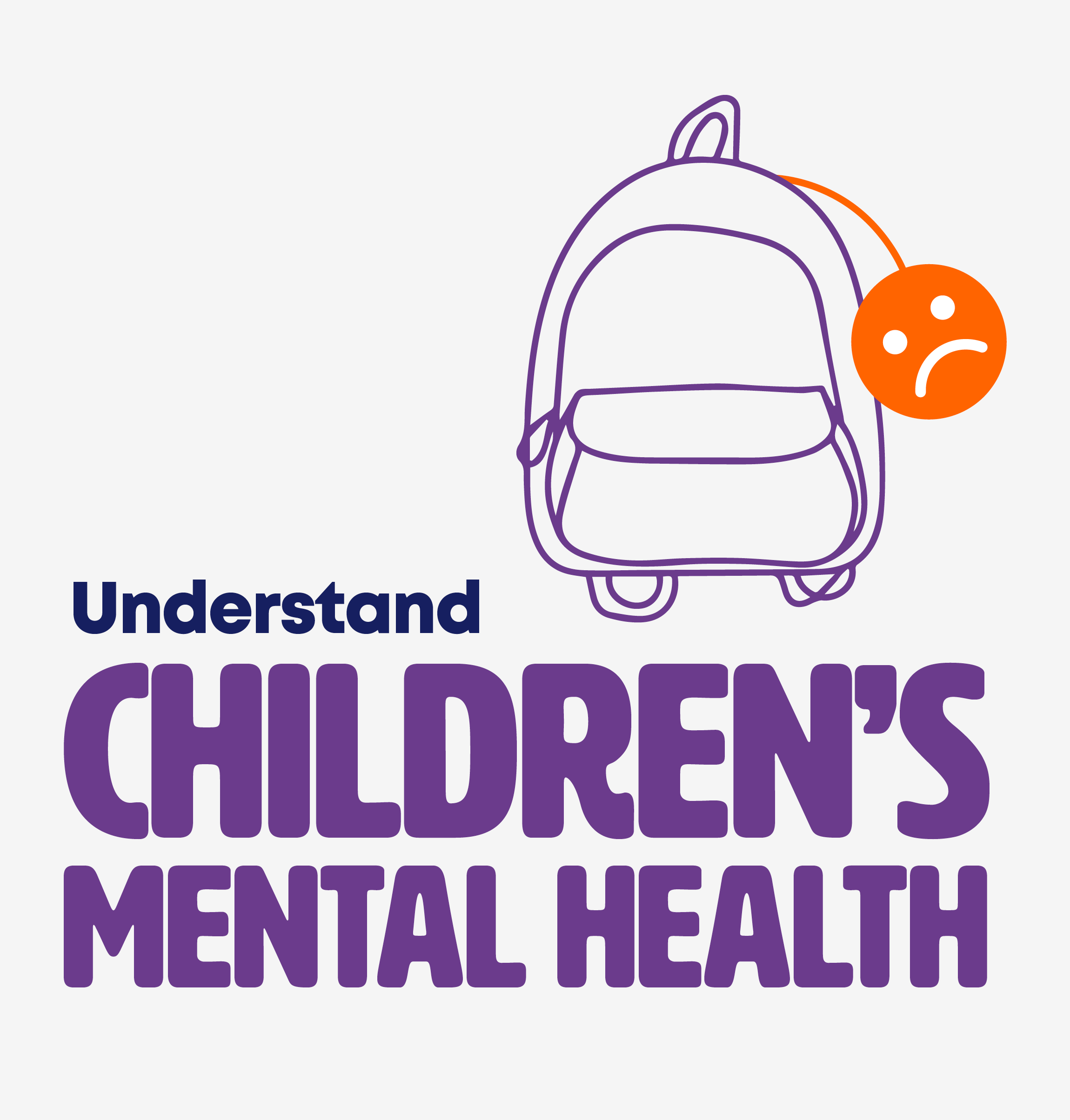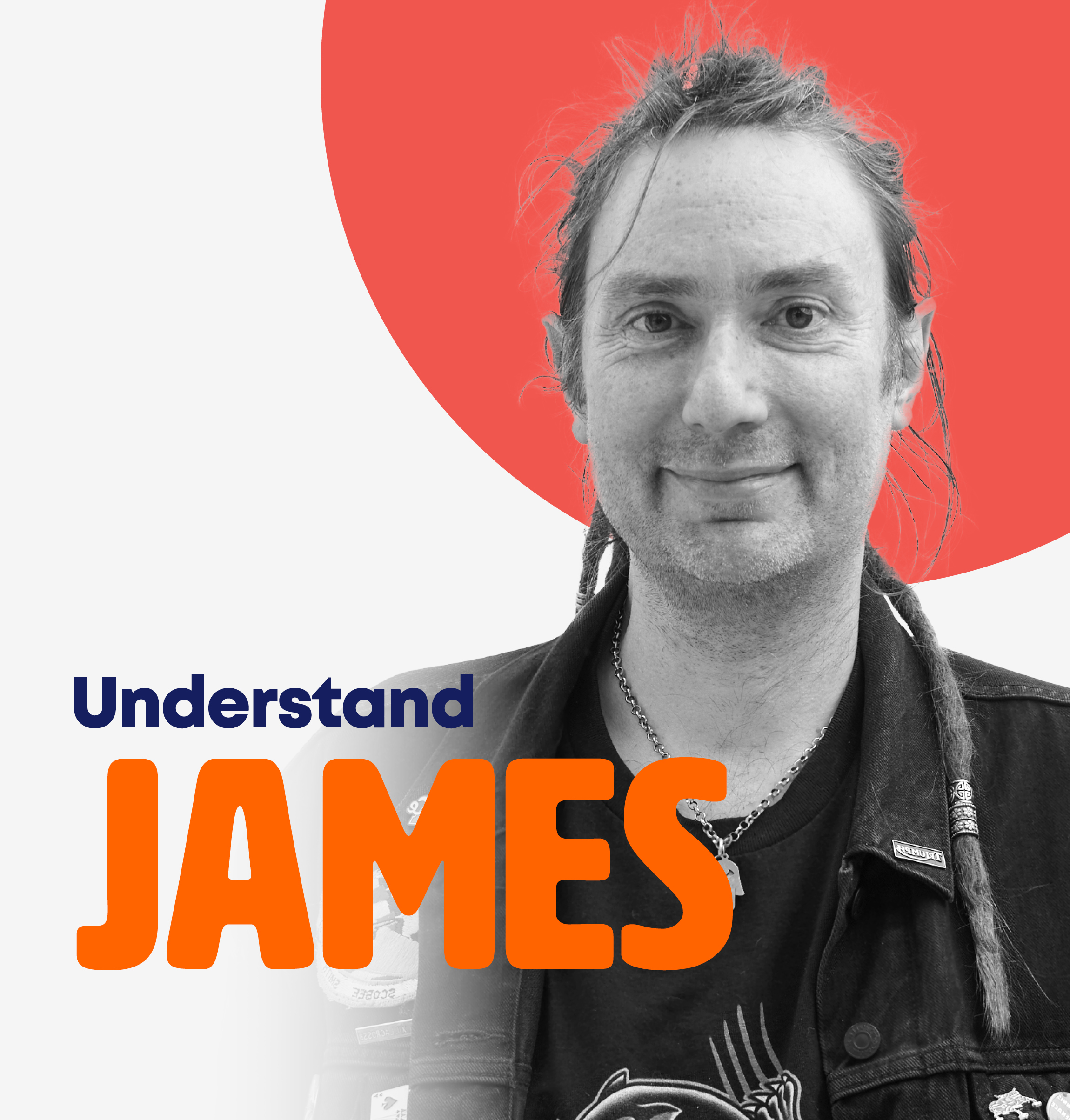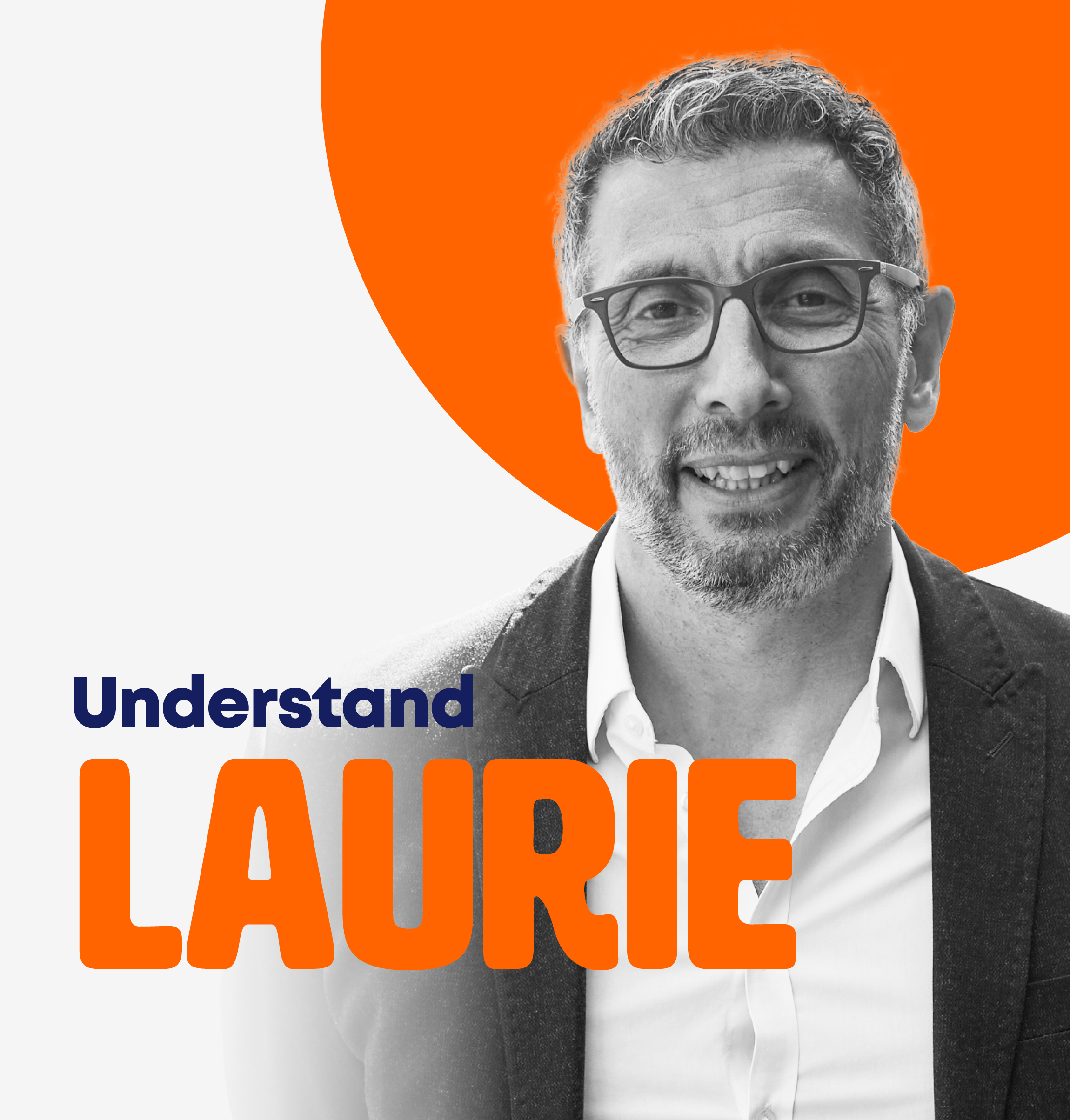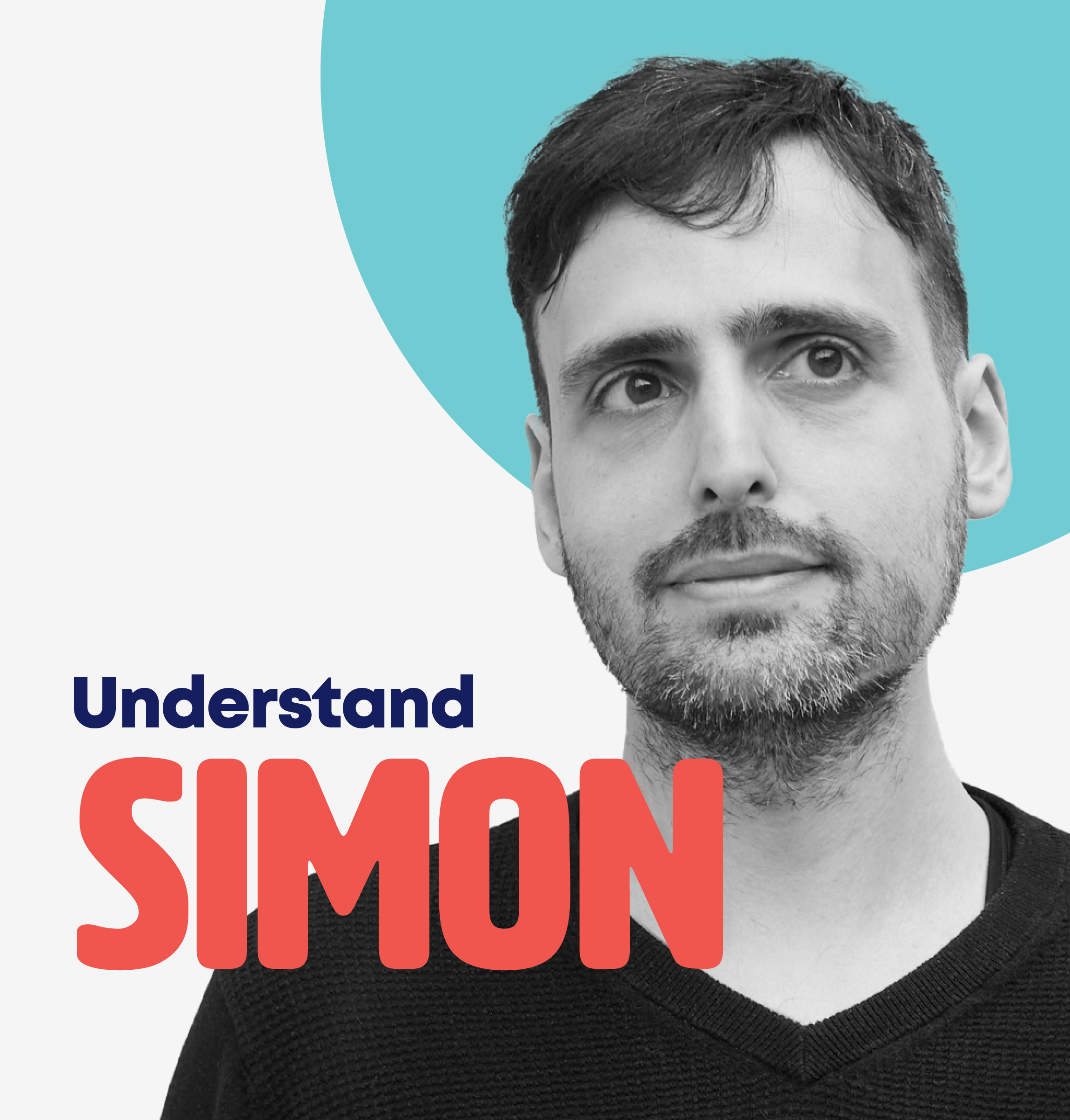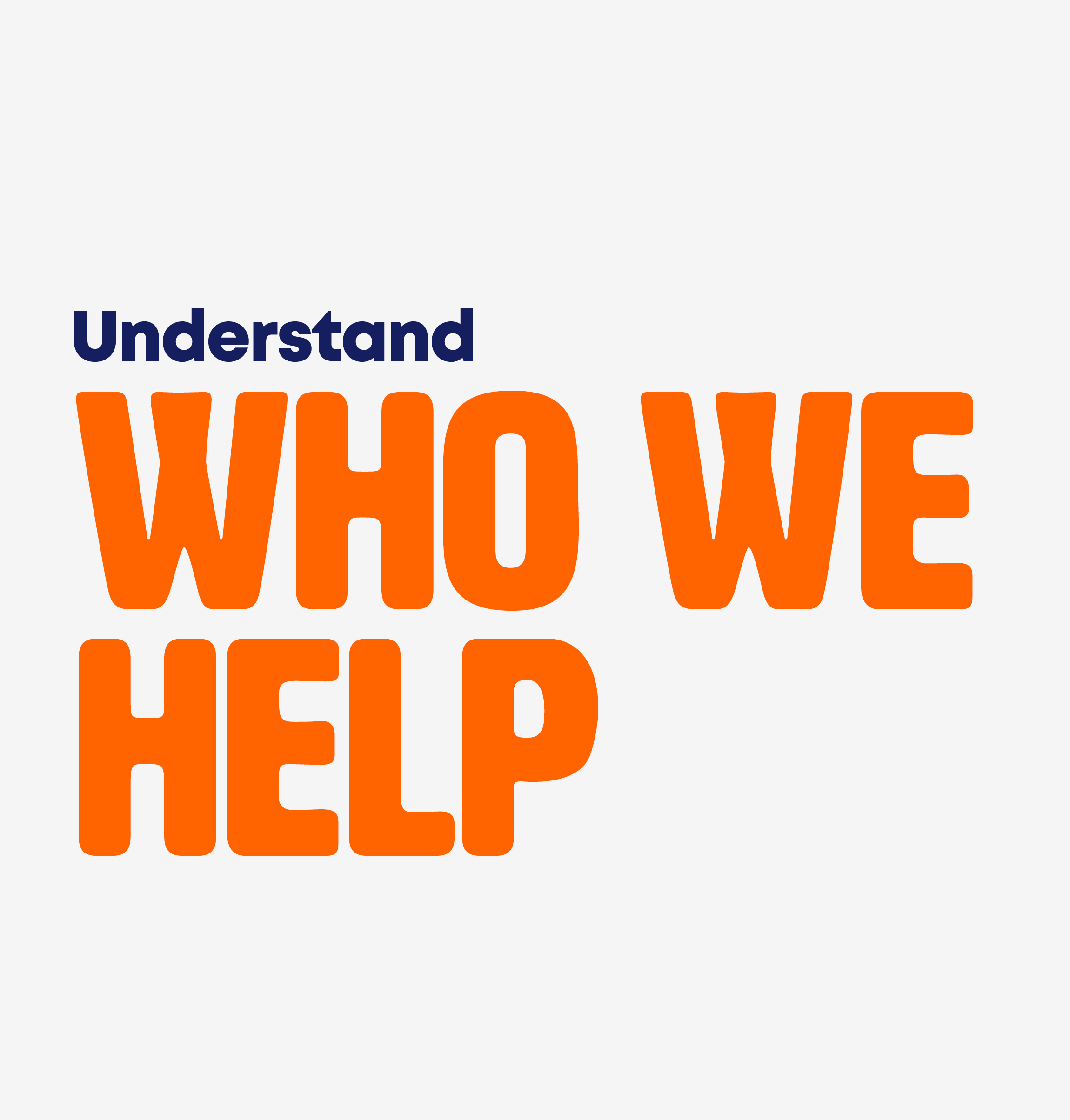“Sometimes you just need someone to say ‘It’s OK. You’re not on your own.’”
Talking to Jacquelyn today, it’s difficult to believe that she hasn’t always been this jovial, outgoing and confident woman with a thriving career. Jacs, as she likes to be called, says: “I’m in a very good place now. I just feel really happy.” And she has every reason to be.
She’s about to move into her own flat and is hoping that the book she is currently writing and illustrating, focusing on how we can look after our own mental health, will help many people. It’s based on her own experience of mental illness and the knowledge gained from 10 years of therapy – and Jacs couldn’t be more excited about it. “It fills me with so much pride and gives me such a sense of satisfaction,” she adds.
Finding a route to recovery
While Jacs now sees “big things” for her future, a few years ago it was a very different picture. “I wasn’t the most depressed person in the world, but I was depressed enough that I didn’t really think that life was worth living,” she says. “I had experienced depression before but this time I felt particularly hopeless. I was living on my own in a house. I couldn’t see anyone or do anything. I felt so terrible, awful, unlovable and worthless. I was really stuck in a hole. You forget who you used to be and you think you’re never going to get better again.”
Recognising that her daughter wasn’t in a good place, Jacs’s mum suggested that she get in touch with Jami and do some volunteering, hoping it might make her feel better. Jacs explains: “Jami came recommended as a brilliant charity that was not only doing great work in our community, but that could also help me get back on my feet again while I was struggling with depression. I was reticent at first because the thought of being around others and out of the house all day was terrifying at the time. But it turned out that volunteering for Jami was an invaluable part of my recovery.
“Jami’s volunteering manager was very supportive. He took me for a coffee and asked me what my story was – nothing more than that. He made me feel welcome and accepted and I knew that if I ever needed his help, he’d be there for me. I liked that I could share my struggles if I wanted to, but I could also choose not to and no one would probe. Many Jami volunteers need support and there’s an understanding that not everyone is always okay. And because even the volunteers who don’t have mental health issues usually know someone who does, volunteering for Jami always felt like a safe and accepting space.
“I found that being expected to turn up somewhere at a certain time and day every week gave me a routine and a sense of purpose.”
“I felt valued knowing I was contributing to supporting others, many of whom faced greater challenges than me, with their mental health journey in this mutually supportive environment.”
“But perhaps the biggest way Jami helped me was socially. I was around people for four hours a day, chatting, having fun and working with them towards a goal. I’m a sociable person but depression makes you forget that. Volunteering at Jami reminded me that people liked me and wanted to be around me, and perhaps I could get better with time. It gave me the confidence that I needed to start thinking about reintegrating into the community again. I formed such strong bonds and connections with people who had been through similar things to me and that’s so important. Sometimes people just need someone to say: ‘It’s OK. You’re not on your own.’
“Five years on, I still have the ongoing support of this circle of brilliant, extremely close friends that I made while volunteering. We understand each other and the challenges we’ve faced, like no other people I know. We also have the biggest laugh together. I’m forever thankful to Jami for helping to lift me out of the depression I was sinking into, and for bringing people into my life who have helped me to rise to the surface and stay afloat ever since.”
